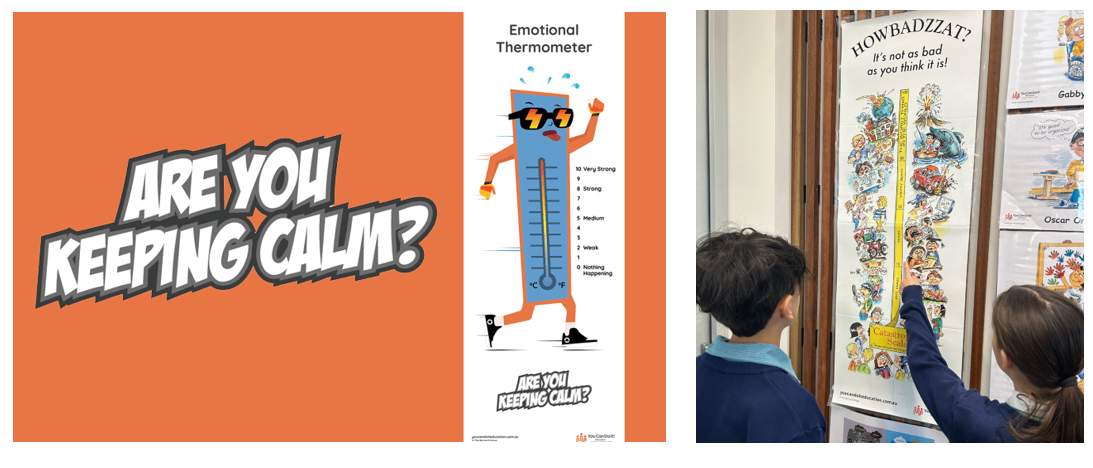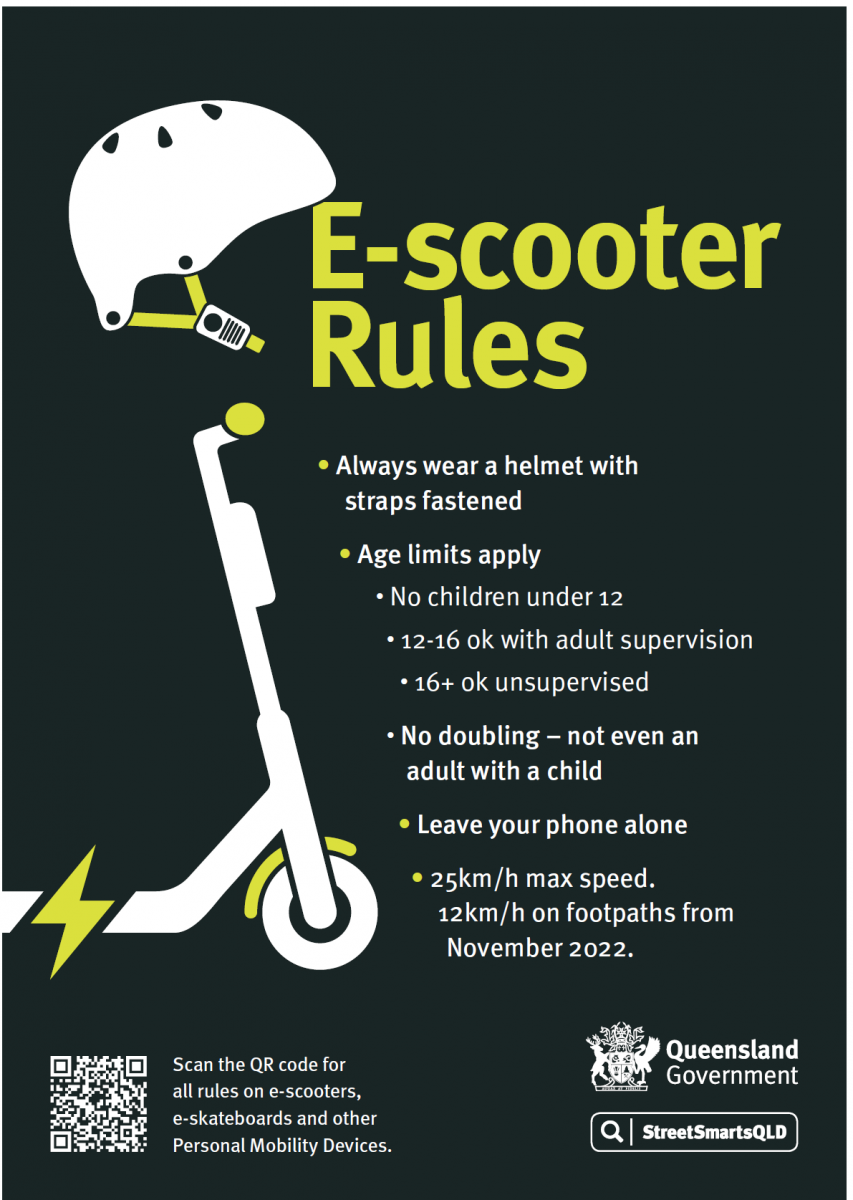Becoming Emotionally Resilient
Becoming Emotionally Resilient
Emotional resilience is the ability to shape our interpretation of events and how we respond to them, as captured in William Shakespeare's famous quote "Things are neither good nor bad but thinking makes them so." While we cannot control the actions of others, we have control over our reactions. The You Can Do It program emphasises emotional resilience in children, teaching them to recognise how they can shape their encounters with events, words, and actions, leading to gratitude and a sense of belonging when relating to others.
Renowned educator Lael Stone provides a useful definition of resilience. She states that resilience is navigating something tricky, then leaning into the feeling that surrounds whatever’s happened, working through these feelings, asking for support, processing them, and then moving forward.
What speaks to me about this definition of resilience is the recognition that things can be tough. Soldiering on and not identifying what is potentially difficult about a situation has no benefit long term. It may feel good in the moment but fails to build confidence and tenacity about how to process events and their associated consequences in the future.
Research shows that by age 6-8, children have developed the ability to reason about demanding and threatening events. Children can promote helpful and healthy emotions and behaviours by thinking logically and drawing accurate conclusions and predictions, leading to emotional control and relief. The Emotional Thermometer and the Catastrophe Scale are two tools utilised as part of the You Can Do It Program that assist with emotional regulation. These visual cues help children identify the intensity of their emotions and understand the significance of events or actions. Physical and mental changes accompany changes in emotional states such as anger, anxiety, or happiness. Recognising these signs allows children to focus on their emotions and engage the rational component of their thought processes. These tools provide an alternative to pessimistic or irrational thinking and encourage more optimistic reasoning among our students.
 Student movement before and after school.
Student movement before and after school.
We remind families that adult supervision in the College begins at 8:00 am. Students being dropped at the College before this time are unsupervised and at risk of harm if they are on College grounds without adequate supervision. We ask that students be dropped at the College after 8:00 am or families contact the College OSHC for places within.
After the day, students are asked to make their way promptly off the school grounds and should be waiting in the designated drop-off zones. Adult supervision ceases at 3:30pm. However, the library is open till 4:00pm every day. All students have been reminded that after school is not the time to play games or use equipment on the grounds.
Students across Year Three to Five have also been reminded of their responsibilities around devices before and after school. That device should be in bags until students exit the College. They should not be used when waiting before or after school. Devices can be used under supervision in the library until 4:00pm.
In addition to this, we have received a timely reminder of the responsibilities of all road users from Queensland Roads. The College is conveniently situated in a locale that promotes transport modes alternative to cars. But as such, pedestrians, bike and scooter users have a responsibility to use the roads, bike paths and crossing as designed. Personal responsibility also includes the use of protective equipment such as helmets and following the expectations around crossings, entries and exits. This information will continue to be revisited in assemblies throughout the term and further information can be accessed via the following link; https://www.qld.gov.au/transport/safety/rules/wheeled-devices/bicycle#riding

Smartwatches
As technology continues to evolve, the use of smartwatches has grown. A smartwatch has many positives but, as such, falls under the exact requirements of all devices when used at the College. Students have been reminded that contacting anyone external to the campus via a smartwatch is prohibited. This can create confusion and mixed messages, families and students are reminded to use the appropriate communication channels by ringing the administration or emailing your child’s teacher. Students are also reminded that any wearable technology falls under our e-smart policy and that all smartwatches are required to be set to silent during school ours.
Student-Led Conferences.
This week parents and students have taken the opportunity to engage with teachers, celebrate the growth of learning and discuss student reports delivered last term. We thank the wider community for taking this opportunity and to the Prep-5 teaching team for their dedication and continued focus on student learning and growth.
Take care and God Bless.
Mr Damian Davis, Head of Staff and Students P-5
